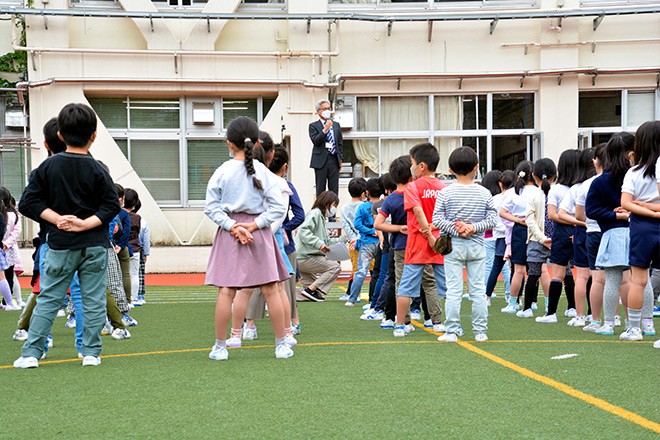More than 8,000 foreign children of elementary and junior high school age may not be attending school in Japan, according to an education ministry survey.
The figure represents 5.2 percent of all foreign children living in the nation.
The survey, conducted through local boards of education and released on Oct. 2, reflects data as of May 1 last year.
According to Japan’s basic resident register, there were 163,358 foreign children of school age—an increase of 12,663 from the previous year.
Of these, 150,031 were confirmed to be enrolled in schools, including international schools. The figure was an increase of 11,799 from the previous year.
On the other hand, 1,097 children were confirmed to be not attending school, an increase of 127 from the previous year. Additionally, the status of 7,335 children could not be confirmed—despite home visits and other efforts. This number decreased by 296 from the previous year.
The ministry believes these children may not be attending any school.
Combined, the number of potentially out-of-school children totaled 5.2 percent of the foreign school-age population. This was a slight improvement from the previous year’s 5.7 percent.
Japan currently does not require foreign children to attend school.
However, the education ministry began the survey in fiscal 2019, emphasizing the need to ensure educational opportunities for all children. At the time, more than 19,000 children were believed to be missing out on an education.
Although the number of foreign residents has increased in recent years, the number of potentially out-of-school children has hovered at around 8,000.
A ministry official attributed the decline to efforts such as sending out school enrollment guides based on the basic resident register and creating school-age rosters.
Still, a significant number of children’s current status remains unconfirmed.
“In areas with concentrated foreign populations, frequent moves may make it difficult to track,” the official said. “But we hope efforts to ensure school attendance will continue to be strengthened.”
